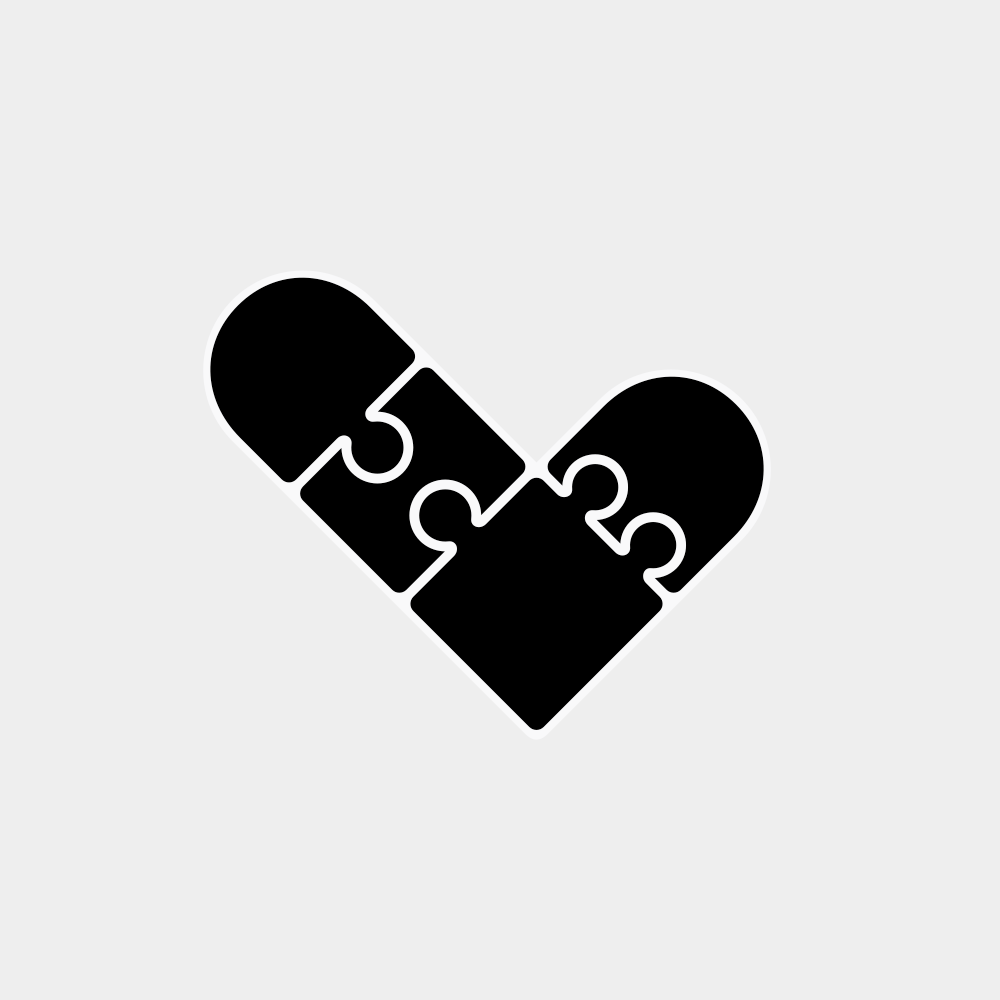Coming to the guitar later in life
I was fortunate to be born into a musical family and for music to have been a concrete part of life as long as I can remember. I studied piano for almost fifteen years, from private lessons to a professional university degree in music. I find it strange that despite this backdrop, despite there always being one or more guitars in the house, despite having two parents that play, despite having the opportunity to take group classes with Brian Katz, the instrument never clicked with me until recently. This could have been because I was comparing it to the piano in unhealthy ways: "What's this fretboard interface, why can't I use a keyboard?"; "I can't believe how much one needs to contort the fingers just to play chords."; "It's so hard to create a tone that doesn't sound terrible, on the piano I can just push buttons.". It was always an adverse relationship with the instrument, never leading to a feeling of building something over time.
I was also fortunate to have opportunities to travel solo around the world. Since 2017, I have been very mobile, out of the country more than in, not having many posessions so that I can just throw everything in storage and fly when the time comes. This made it challenging to maintain a relationship with the piano: it isn't practical to take one with you, and finding one that feels good to play is a challenge in any place. In 2019, after returning from a month in Egypt, I started to look at the guitar differently. I appreciated its portability and how easy it is to find one in the wild, and how it doesn't have as much classical music 'baggage' as the piano. I also felt compelled to reproduce the melodies and ornamentation in arabic music that were around me in my trip. I began approaching it casually to goof around and found myself relating to it more deeply. I started to really dig the sound—the resonance of the nylon strings, a tone very tender, mellow, and sombre. It was a pleasure even just to play a single note, to feel my finger putting pressure on the string and making contact with the wood, to hear the resonance within the instrument and in the ambient space. It was a beautiful experience for me to be directly connected with the production of sound, as an extension of my body in a way that never felt possible with the piano. At some point I felt I was relating to it more profoundly than I ever had with any other instrument, and questioned whether I had 'started on the wrong foot' so to speak…
Since then I have been playing off and on, but everytime I come back it gets better. I still sometimes compare to the piano, but perhaps in a more healthy way, celebrating the unique qualities of the instrument:
- There is no pretension of 'doing the same thing equally with both hands', it makes no sense here.
- It's alright just to play a simple melody without chords or accompaniment. It sounds good and even feels good.
- You can relate to it with more intimacy, physical proximity—you can actually tune it. It also changes your body as fingers develop calluses from playing regularly.
- Sound production is comes from fingers and touch: no abstractions, no mechanics.
A friend describes me sitting with the instrument, somewhat frustrated that I improvise freely without playing familiar songs, saying 'he spends all his time with the guitar just talking'. In some sense, it does feel like I'm returning to meet an old friend and there's lot's to discuss, and I'm grateful for that.
